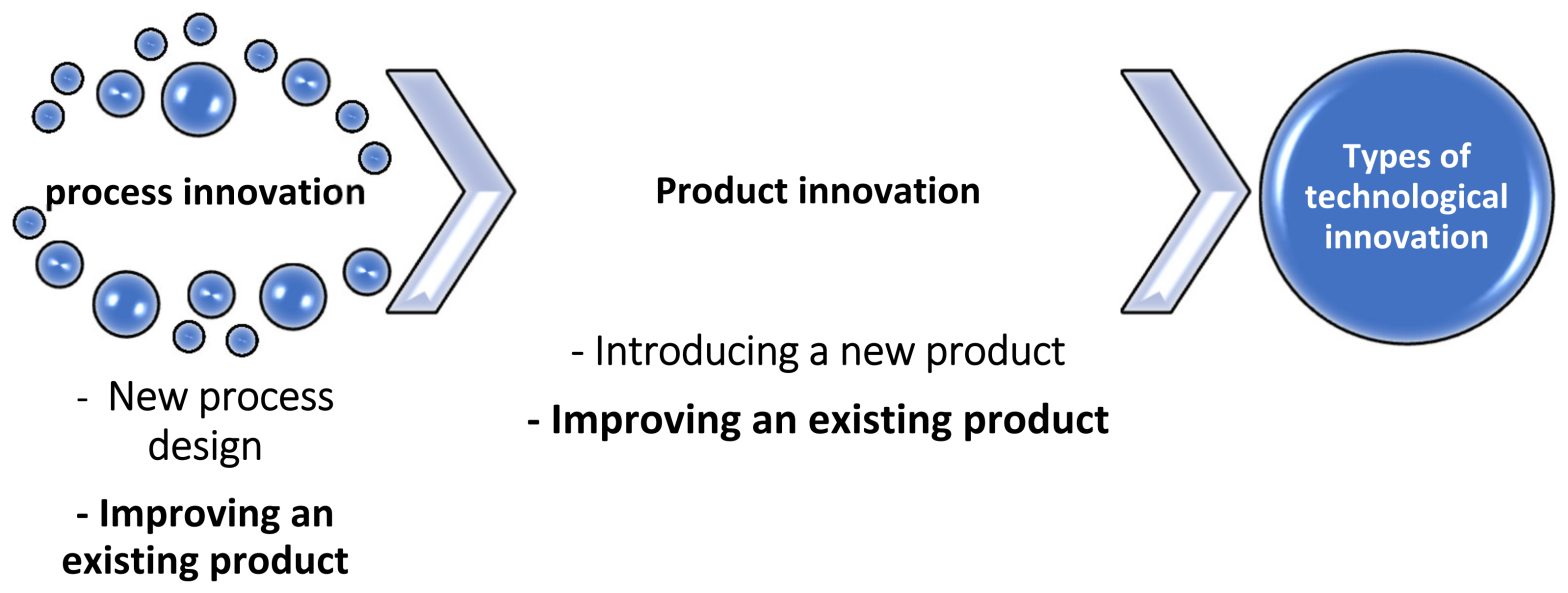Endogenous growth theory is a concept in economics that focuses on explaining the factors and mechanisms that drive economic growth within a country. Unlike traditional exogenous growth theories, which emphasize the role of exogenous factors such as technology and capital accumulation, endogenous growth theory posits that growth is driven by internal factors such as human capital, innovation, and productivity.

Credit: fastercapital.com
Table of Contents
The Key Drivers of Endogenous Growth
Several key factors contribute to endogenous growth, and understanding them is crucial for policymakers and economists. The following table highlights some of the main drivers:
| Factor | Description |
|---|---|
| Human Capital | The knowledge, skills, and abilities that individuals acquire through education, training, and experience. |
| Innovation | The creation and adoption of new ideas, technologies, and processes that improve productivity and create economic value. |
| Research and Development (R&D) | Investments in R&D activities to drive innovation and technological advancements. |
| Entrepreneurship | The process of identifying and exploiting new business opportunities, driving economic growth through the creation of new ventures. |
| Institutional Framework | The legal, regulatory, and economic environment that supports entrepreneurship, innovation, and investment in human capital. |

Credit: www.sciencedirect.com
The Role of Human Capital
Human capital plays a crucial role in endogenous growth theory. Investment in education and training is seen as essential for boosting productivity and driving economic progress. A skilled workforce that possesses up-to-date knowledge and expertise can generate innovation, adopt advanced technologies, and improve production processes, leading to sustained economic growth.
Furthermore, the development of human capital encourages technological advancements in areas such as healthcare, agriculture, and information technology. These advancements not only contribute to economic growth but also improve the overall quality of life for the population.
Innovation and Technological Progress
Innovation is another key driver of endogenous growth. By fostering a culture of creativity and encouraging investment in research and development, countries can stimulate innovation and technological progress. This leads to improvements in productivity, market expansion, and the creation of new industries.
Moreover, innovation has a positive feedback effect on economic growth. As new ideas and technologies are developed, they generate further opportunities for growth, attracting additional investment and fostering a virtuous cycle of innovation, productivity gains, and economic development.
Government Policies and the Institutional Framework
Effective government policies and a supportive institutional framework are essential for fostering endogenous growth. Governments can encourage innovation and human capital development through measures such as tax incentives for research and development, funding for education and vocational training, and the protection of intellectual property rights.
Furthermore, a transparent and efficient legal system, reliable infrastructure, and access to financial resources are also crucial for nurturing entrepreneurship and attracting investments. A robust institutional framework helps create an enabling environment that promotes economic growth by facilitating innovation, facilitating collaboration, and reducing barriers to entry.
Conclusion
Endogenous growth theory provides a valuable framework for understanding the internal drivers of economic growth. By focusing on factors such as human capital, innovation, and the institutional framework, policymakers and economists can develop strategies to promote sustained economic development.
Investing in education and training, fostering innovation, and creating a supportive environment for entrepreneurship are key ingredients for unlocking the potential of endogenous growth. This approach not only fuels economic progress but also contributes to improving living standards and enhancing overall societal well-being.
